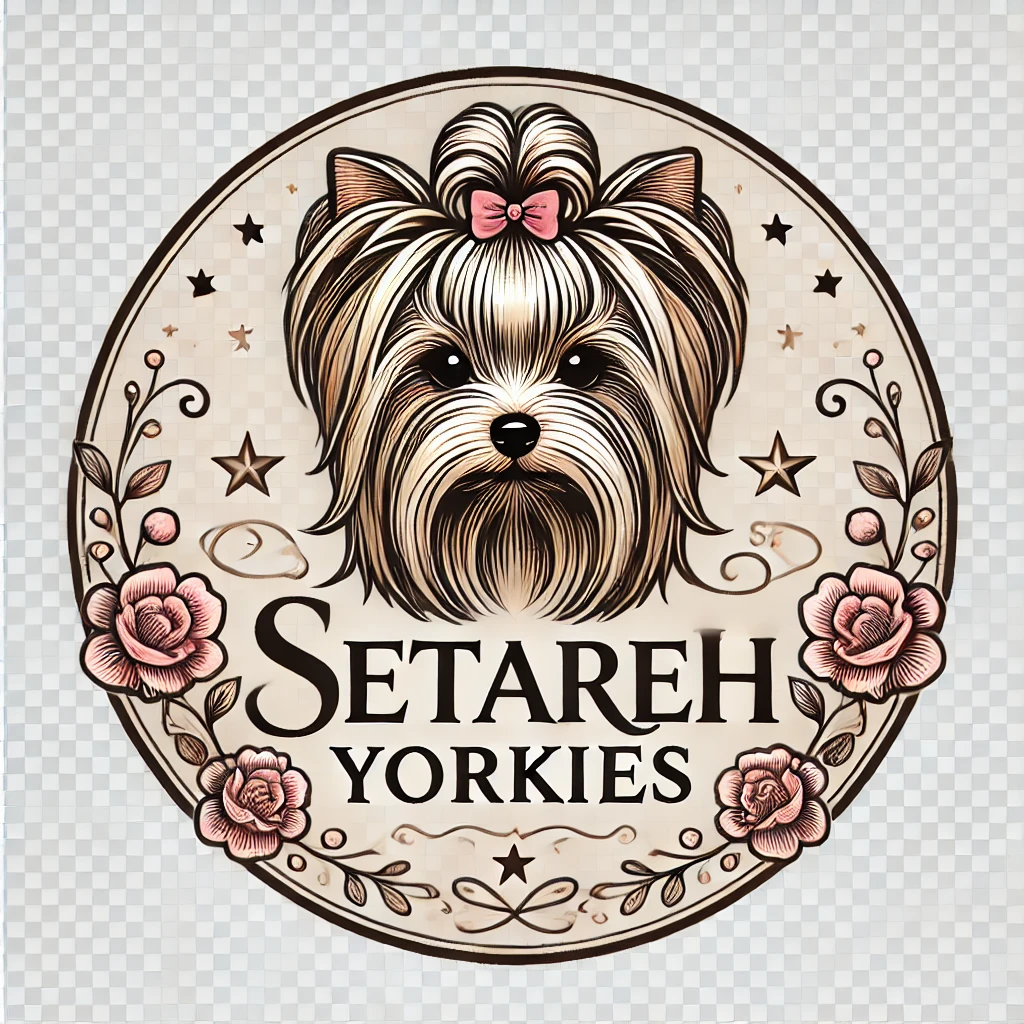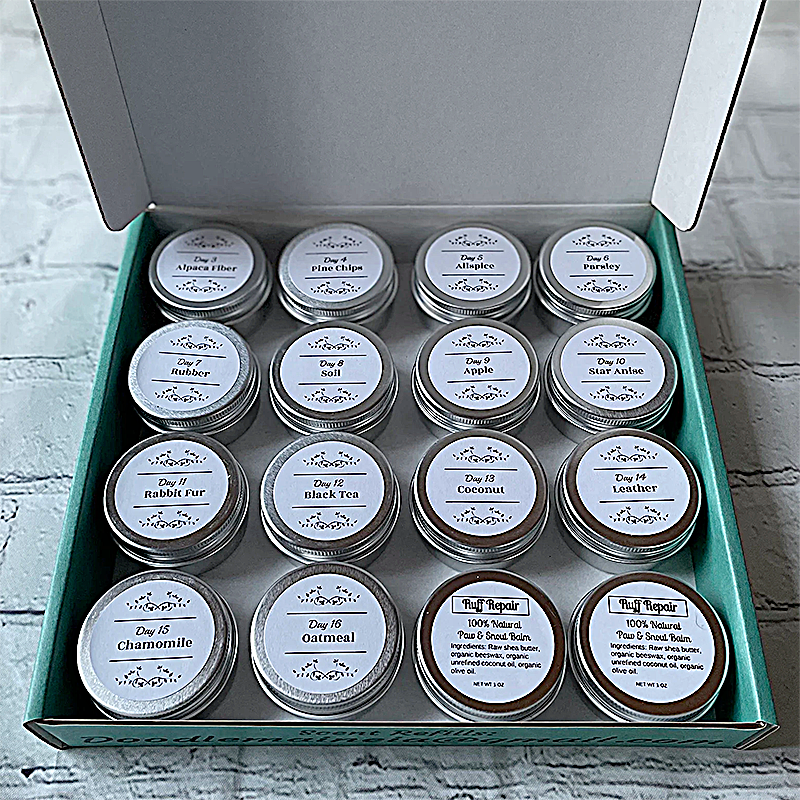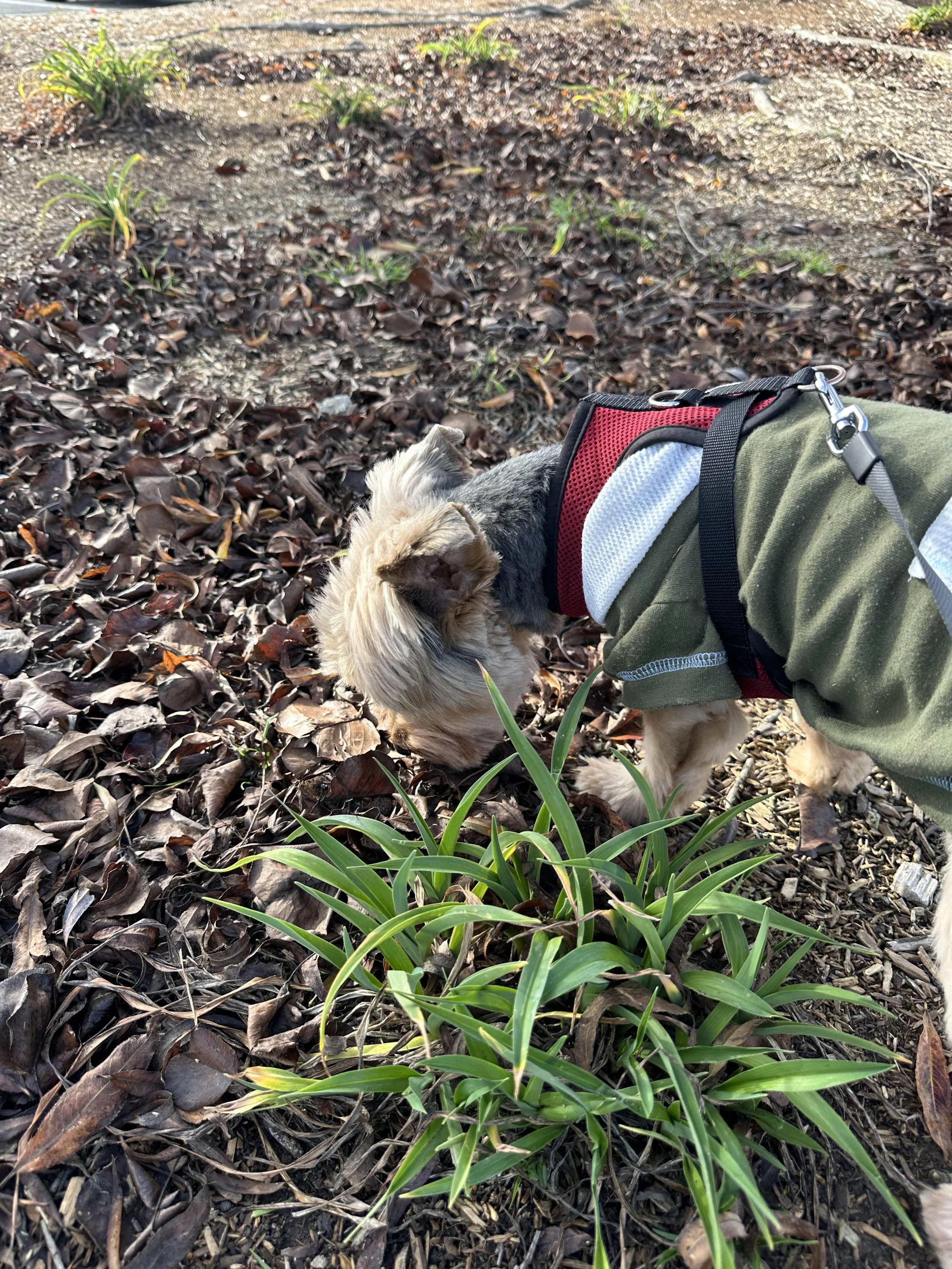
Early Scent Introduction (ESI)
Early Scent Introduction (ESI)
Early Scent Introduction (ESI) is a specialized puppy training method designed to enhance a dog’s ability to recognize and respond to scents. Each day during the critical neonatal window, puppies are briefly exposed to a different strong fragrance, and their reactions are recorded.
Positive Reaction – The puppy shows interest in the scent and moves toward it.
Negative Reaction – The puppy moves away from the scent.
Neutral Reaction – The puppy remains indifferent.
This process was pioneered by Dr. Gayle Watkins, a respected Golden Retriever breeder, who began testing ESI more than seven years ago. She found that puppies who participated in ESI earned more scent-related titles—and did so at much younger ages—compared to puppies that did not receive ESI
Why ESI Matters
Scent skills are essential for more than just working or sporting dogs—they can be life-changing.
Service Dogs: Detecting the early signs of a diabetic episode or seizure.
Therapy Dogs: Tracking children with autism who may wander.
Safety: Alerting an elderly owner to a gas leak or smoke.
Everyday Life: Finding a lost ball in tall grass, retrieving the right pair of slippers, or excelling at scent-based games.
Even if your Yorkie is “just a pet,” having a dog that knows how to use their nose efficiently makes training, play, and bonding more rewarding.
Why We Do ESI at Setareh Yorkies
A dog’s sense of smell is extraordinary—10,000 to 100,000 times more sensitive than ours, depending on breed. In dogs, the part of the brain devoted to processing scent information is 40 times larger than in humans. As author Alexandra Horowitz notes in Inside of a Dog, dogs understand the world primarily through scent, just as humans rely on sight.
By incorporating ESI, we’re not just building a better sense of smell—we’re stimulating their brains, improving problem-solving skills, and enriching their early development.
Our ESI Process
We begin ESI when puppies are 3 days old and continue until 16 days old—the same developmental window as ENS. At Setareh Yorkies, we introduce one new scent each day, using items such as:
Soil, Pine Shavings, Cinnamon, Star Anise, Lavender, Black Tea, Tennis Ball, Coconut, Leather, Rabbit, Chamomile, Alpaca Fur, Cloves, and Lemongrass.
How it’s done:
Pick up the puppy or hold them in your lap, keeping one hand securely on their body.
Present the scent source about ½ inch from their nose.
Allow the puppy to approach if they wish—or move away if they choose.
Record the reaction as positive, negative, or neutral.
Repeat daily with a new scent for each puppy in the litter.
The Benefits of ESI
Improved scent detection skills
Enhanced brain development
Better problem-solving and confidence
Greater adaptability in new environments
Early desensitization to novel experience
Final Thoughts on ESI
While not every puppy will grow up to be a service, therapy, or sporting dog, ESI gives every dog—companion or working—an advantage. By pairing scent work with other forms of early enrichment, we’re helping our Yorkie puppies grow into confident, curious, and capable companions who are ready to explore the world with all their senses.






